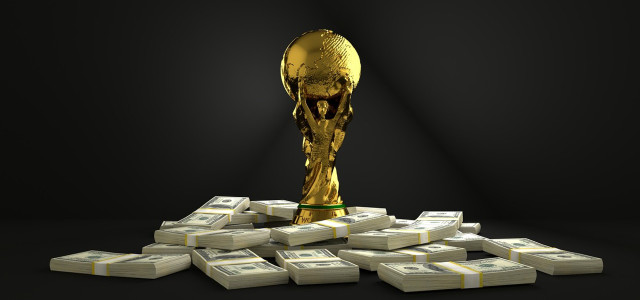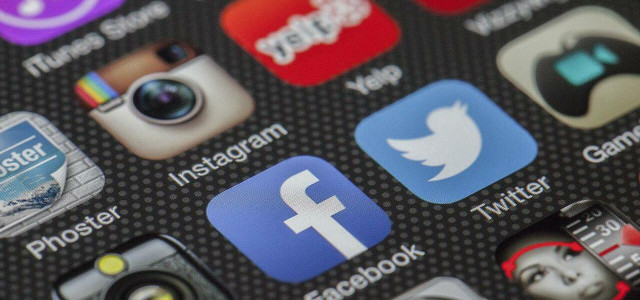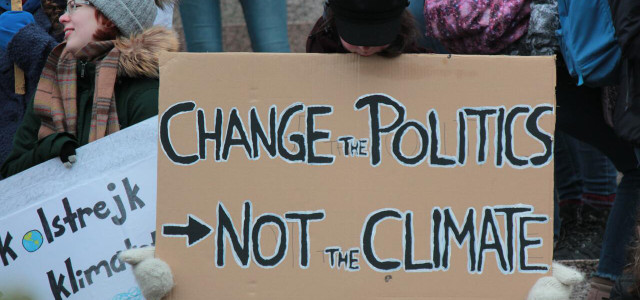Through sportswashing, corporations try to conceal their dirty laundry from the public eye through donations. We’ll investigate this problematic practice with real-world examples.
What is Sportswashing?
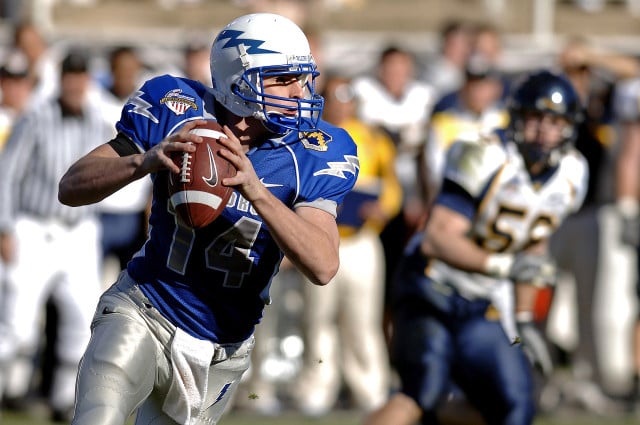
Simply put, sportswashing is the practice of enhancing a company’s, organization’s, or country’s public reputation through financial transactions, sponsorships or donations in sports. Whitewashing, the practice of disguising or erasing anything unsavory from the public’s perception, is from where this term originates.
Companies and governments often resort to sportswashing in an effort to boost their public profiles. Companies do this so that people would associate them with the admirable qualities that sports display, including comradery, athleticism, and fair play, and therefore be more likely to buy their products or services.
This marketing ploy is often amplified or distorted to cover up or divert attention away from deplorable behaviors and business practices. Bear in mind, that sportswashing is not limited to corporations and governments; individual athletes may manipulate it to their advantage as well.
How Common Is It? Real-World Examples of Sportswashing
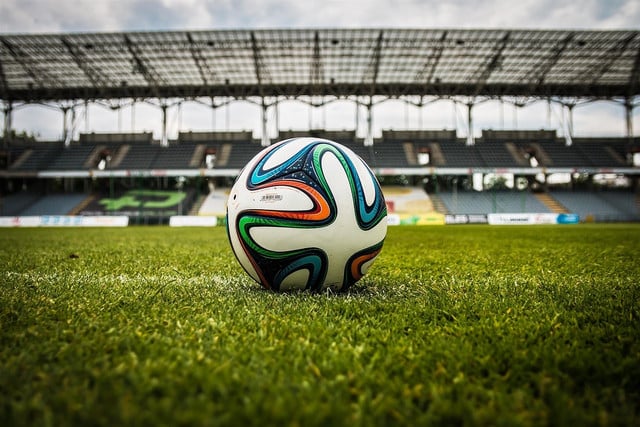


As we all know, many organizations like to talk out of two sides of their mouth. Companies and governments have increasingly turned to the allure of sports in an effort to boost their reputations in recent years. As such, sportswashing is becoming increasingly common.
There are, however, perils and pitfalls to sportswashing that should not be ignored. For example, sportswashing can spread false or misleading narratives and divert attention away from real problems.
Even more worrisome is the recent trend of authoritarian governments and despots embracing well-known sports organizations as propaganda platforms and vehicles for legitimizing their regimes. While sweeping human rights violations and other sinister elements under the rug.
Real-World Examples of Sportswashing



Here are just a few notable examples of brands, sports organizations, and even governments that have been accused of sportswashing in recent years:
- Saudi Arabia: Saudi Arabia has spared no expenses in luring organizations and the world’s best athletes to its country by hosting extravagant events. Football, boxing, golf, snooker, and even MMA have all been sponsored and used as a means of repainting the country’s controversial image. They even managed to get sponsorship for the 2023 Women’s World Cup. These steps have drawn international criticism given the kingdom’s dark history of human rights violations.
- Qatar: In a similar vein to Saudi Arabia, Qatar has a marred history of human rights abuses and exploitation of workers yet still aggressively sportwashes many major league competitions. So much so, that the 2022 FIFA World Cup drew immense international backlash and boycotting when it came to light that countless stadium workers perished building the tournament’s stadiums.
- Major European Football Leagues: Soccer teams from the world’s most popular leagues have been bought or sponsored by Saudi Arabian and Qatari businesses. The Abu Dhabi United Group owns Manchester City Football Club. FC Barcelona, on the other hand, was sponsored by the Qatar Foundation. Another important European soccer club owned by Qatari royals is Paris Saint-Germain F.C.
- The Olympics: Similar controversies surrounded the 2022 Winter Olympics in Beijing. Amnesty International expressed concerns that China used the Olympics as a diversion from human rights abuses against Uyghur Muslims and the annexation of Hong Kong.
What About the West? Sportswashing in the United States
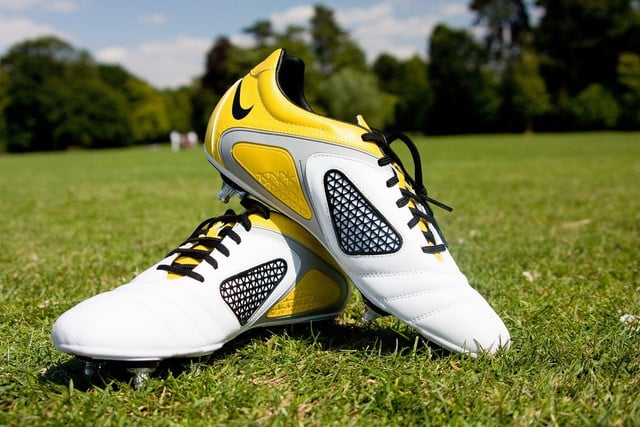


It would be remiss to assume that sportswashing is limited to countries like Saudi Arabia, Qatar, China, or anywhere else in the globe.. At the end of the day, the United States of America is no stranger to sportswashing and it continues to thrive here.
Some of the largest sportswashing franchises that are American-owned are as follows:
- Nike: Nike is one of the most visible and notorious examples of sportswashing, as the company sponsors a large number of American sports teams and events. Yet, they have been consistently called out for their mistreatment of workers in international factories. Nike has been repeatedly accused of exploiting sweatshop labor and failing to provide employees in nations like Vietnam and Indonesia with safe working conditions and fair compensation.
- NBA: NBA’s official digital partner in China, China Central Television (CCTV), has a sizable stake in the league’s coverage. Together, both companies have five-year, $1.5 billion agreement. Outside of the United States, the NBA’s biggest partner is the CCTV. Some players claim that speaking out against China has harmed their careers.
- WWE & the UFC: The UFC and WWE are two more prominent American sports organizations that continue to stage events in Saudi Arabia despite international outcry from those who oppose sportswashing.
- NFL: The NFL also has lucractive partnership deals with China and drew condemnation both domestic and abroad for posting a map of its international market, which featured Taiwan as part of mainland China. This is especially disconcerting given China’s accusations of human rights abuses and restricted freedooms.
Although just a cursory glance, these recent examples show how prevalent sportswashing is in the United States, and how businesses and organizations utilize sports to boost their public image and divert attention from problematic practices.
How is Sportswashing Connected to Greenwashing and Rainbow Washing?
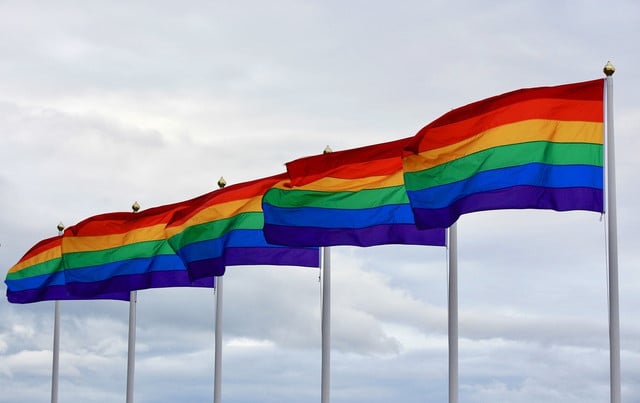


Sportswashing, greenwashing, and rainbow washing are different heads of the same beast, and often large companies use each of these three techniques to mask or distract from inconvenient truths.
To “greenwash” is to make misleading or untrue assertions about an entity’s commitment to environmental protection or sustainability. Adidas was got caught red-handed doing this in 2021, when a French jury ruled that their advertising claim of their Stan Smith brand shoes were ”50% recycled” and deliberately misled consumers. Like Nike, Adidas too are infamous for exploitation and child labor in their factories.
Conversely, ‘‘rainbow washing’‘ is a form of dishonest marketing in which a business or group falsely claims to be supportive of the LGBTQ+ community while in reality it does little to further the cause. The English Premier League, which has an annual “Rainbow Laces” campaign, embraced by clubs owned or sponsored by Saudi Arabian or Qatari businesses, is a great illustration of this hypocrisy. Two nations that penalize or persecute same-sex partnerships.
While these tactics might be effective in the short-term, these tactics are ultimately insidious in any society that values authenticity and truth. As such, we all have an obligation to address such phony posturing.
What Can You Do About Sportswashing?
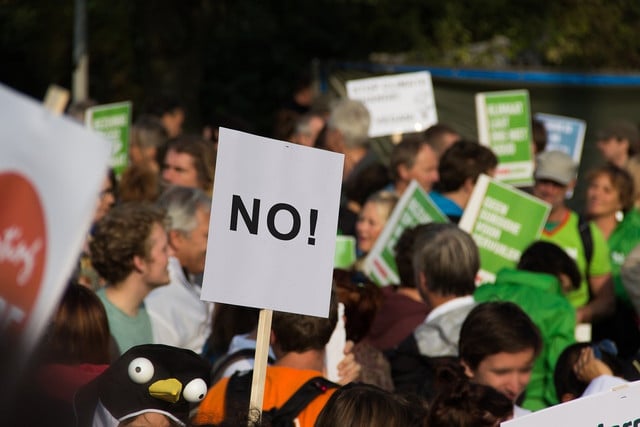


Don’t los hope. It might seem daunting to stop sportswashing, but there are measures that people and groups can take to make a difference:
- Do your homework: Stop sportswashing by learning more about it. The potential detrimental effects of sportswashing on players, fans, and society as a whole must be understood, as must the manner in which corporations and governments manipulate sports for their agendas.
- Be vocal: Inform your friends, family, and members of the public about the problem. Social media, personal conversations, and joining anti-sportswashing groups are all good ways to spread the word.
- Hold organizations accountable: Make corporations and organizations answer for their behavior. Supporting advocacy groups that are striving to improve transparency and accountability is another option. This includes submitting letters or signing petitions to corporations and organizations and boycotting products or events sponsored by firms who engage in sportswashing.
- Back non-corporate media: Back independent media outlets that cast the spotlight on sportswashing, as this will force organizations to answer for their actions. You can financially support these media sites, or share their content to help expose these shady activities.
- Support athletes and allies: Lastly, athletes who speak out against sportswashing and advocate for reform should be supported. Support players who use their platform to bring attention to these topics.
Read more:
- What Is Greenwashing and Am I Supporting It?
- What Is Rainbow-Washing and Am I Supporting It?
- Climate Change Denial: How to Stand Up To Skeptics
Do you like this post?






